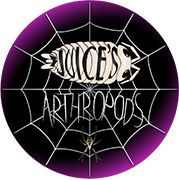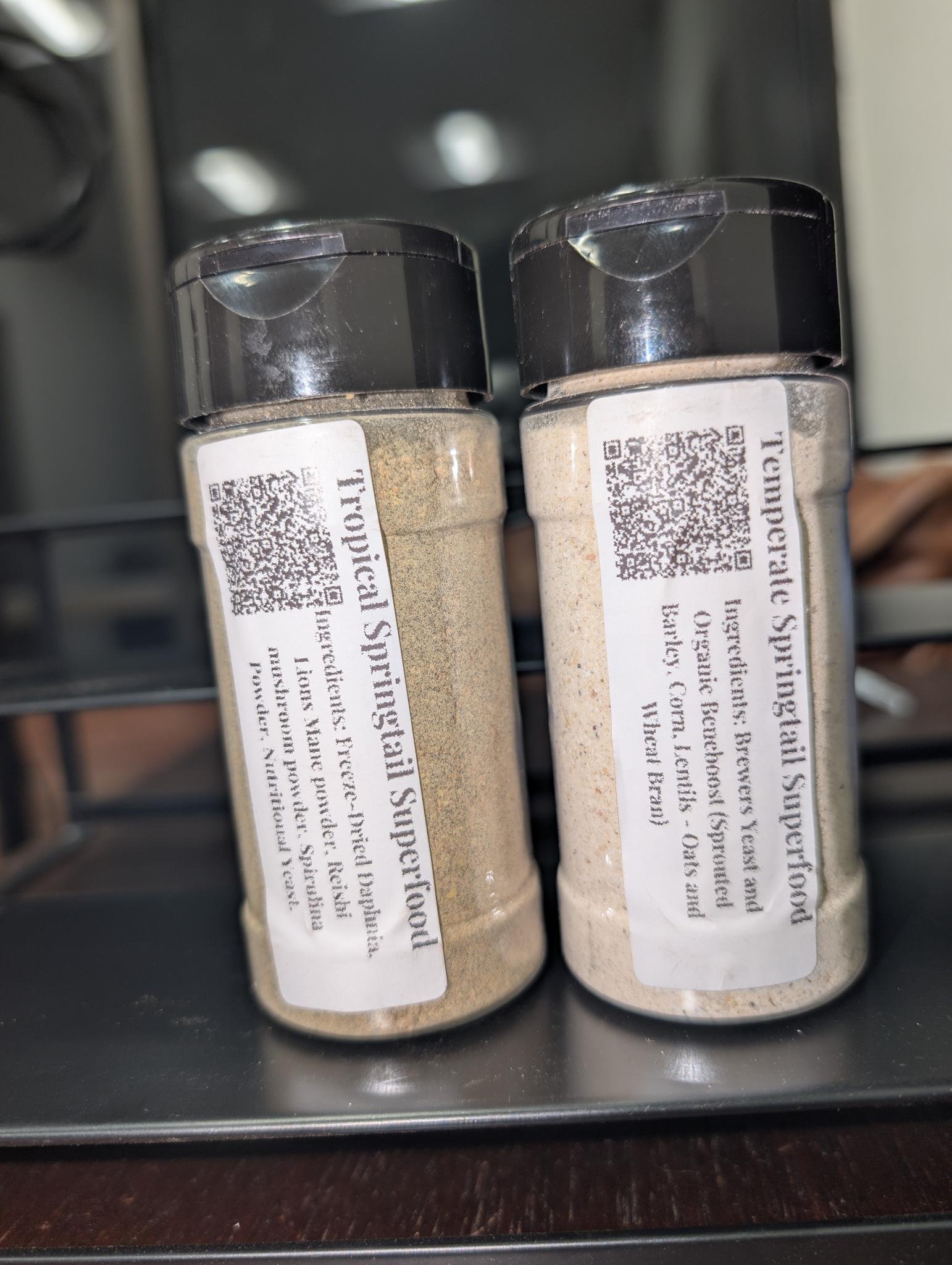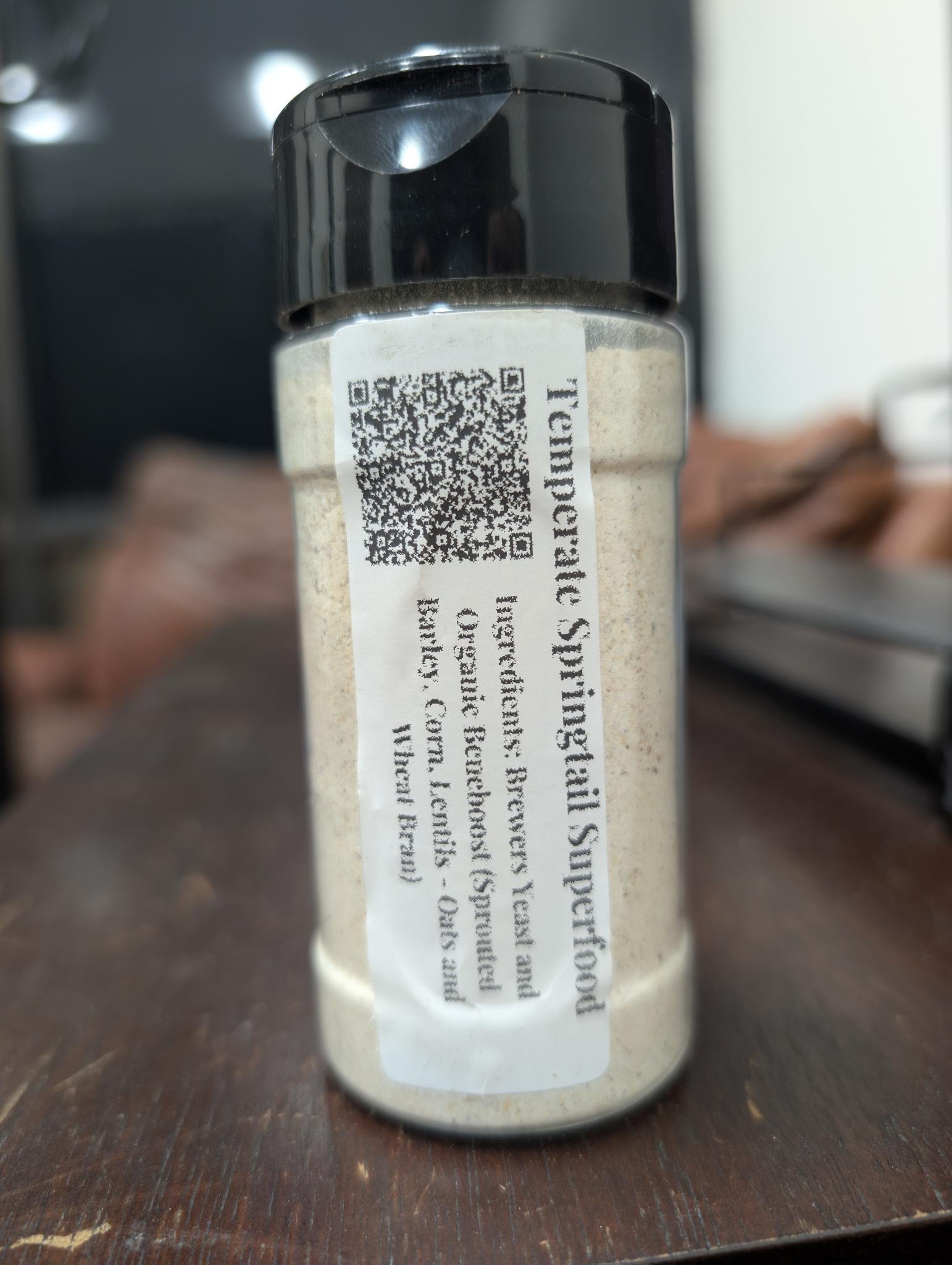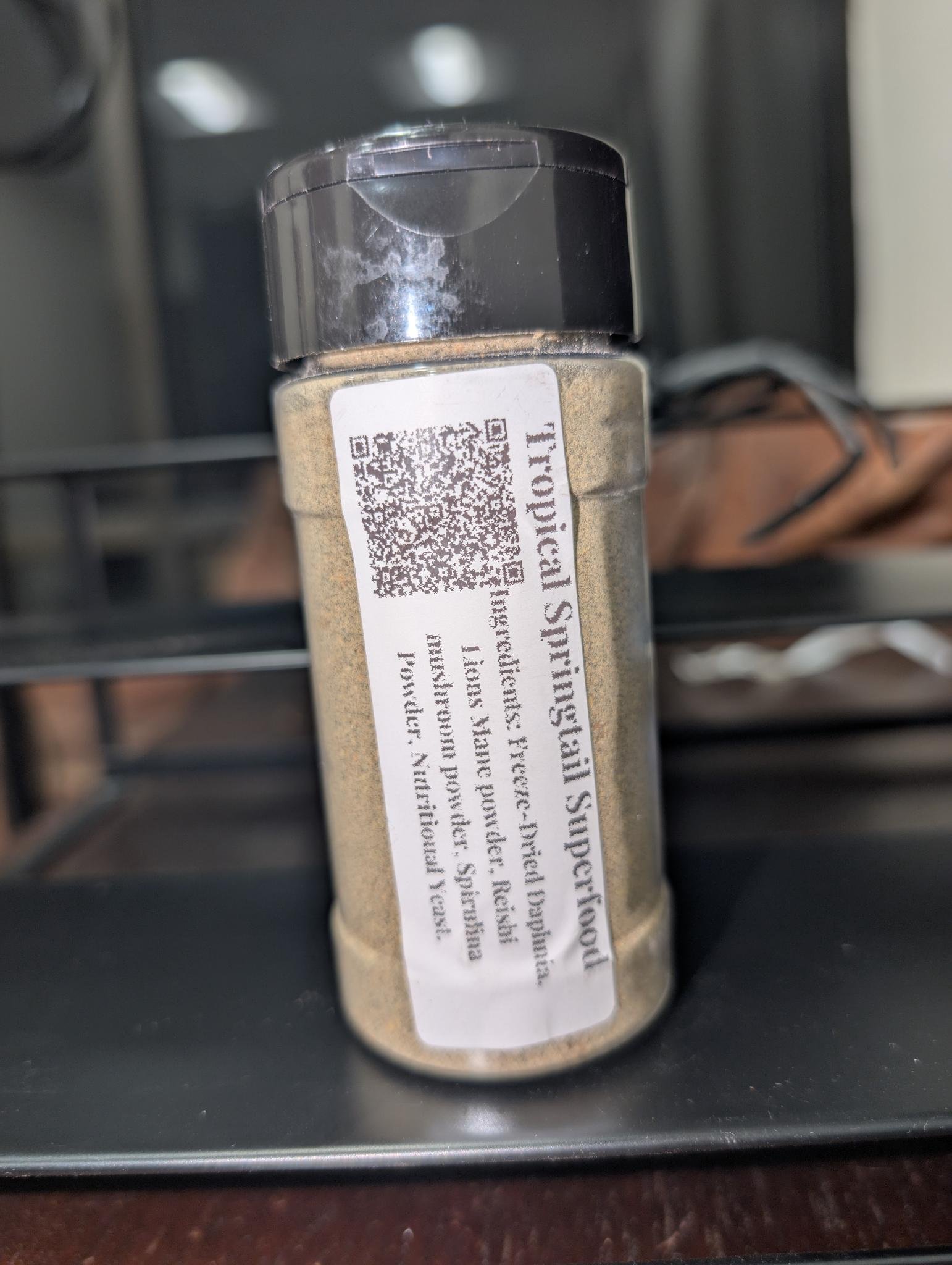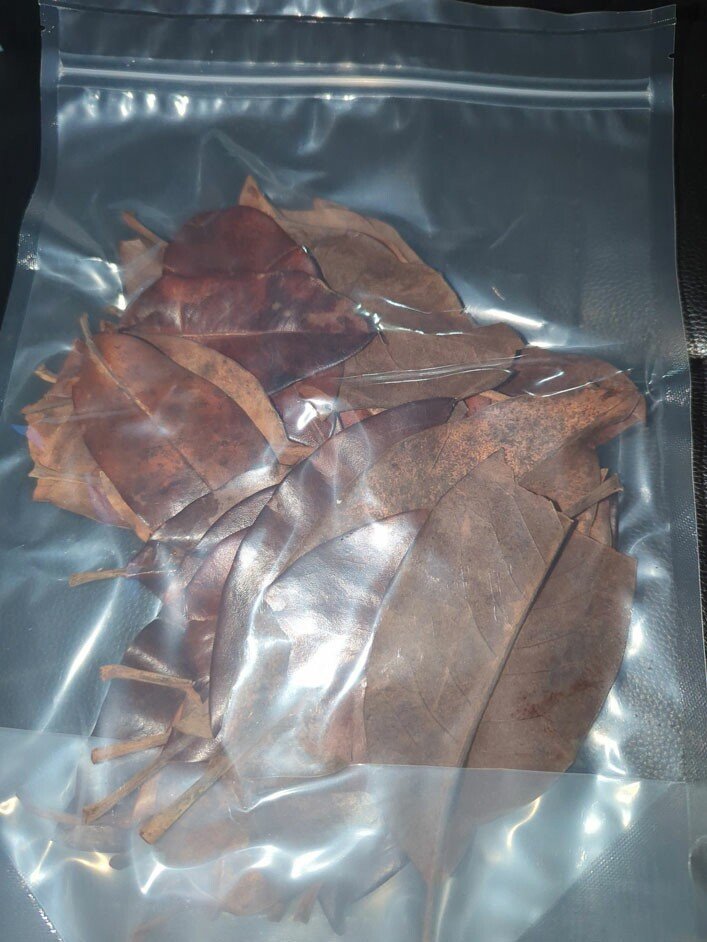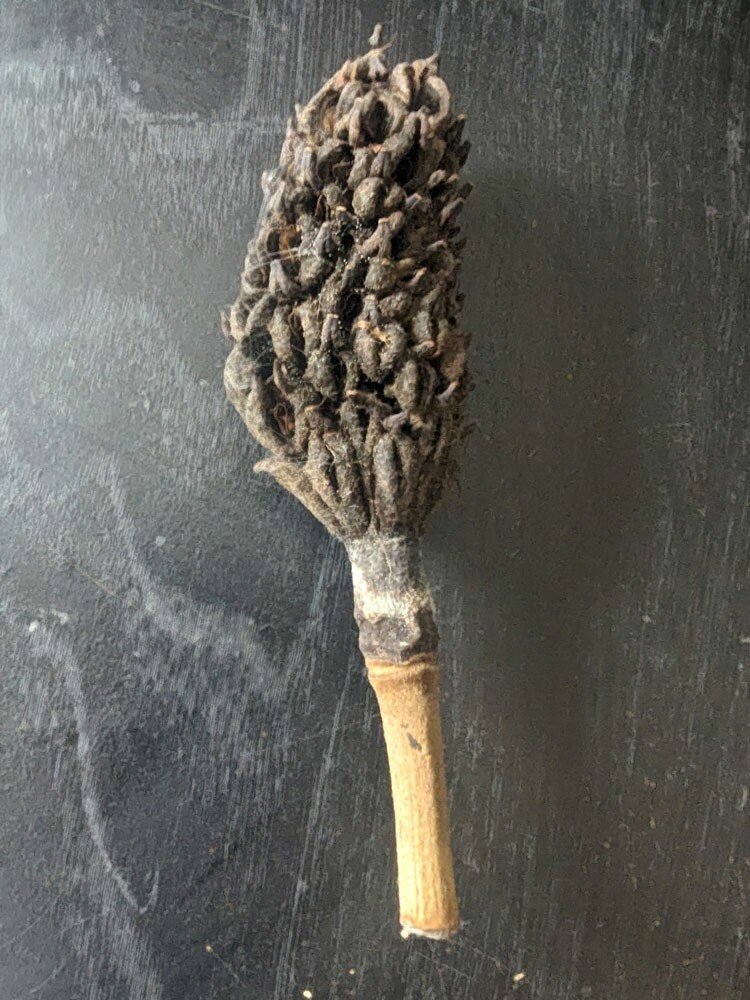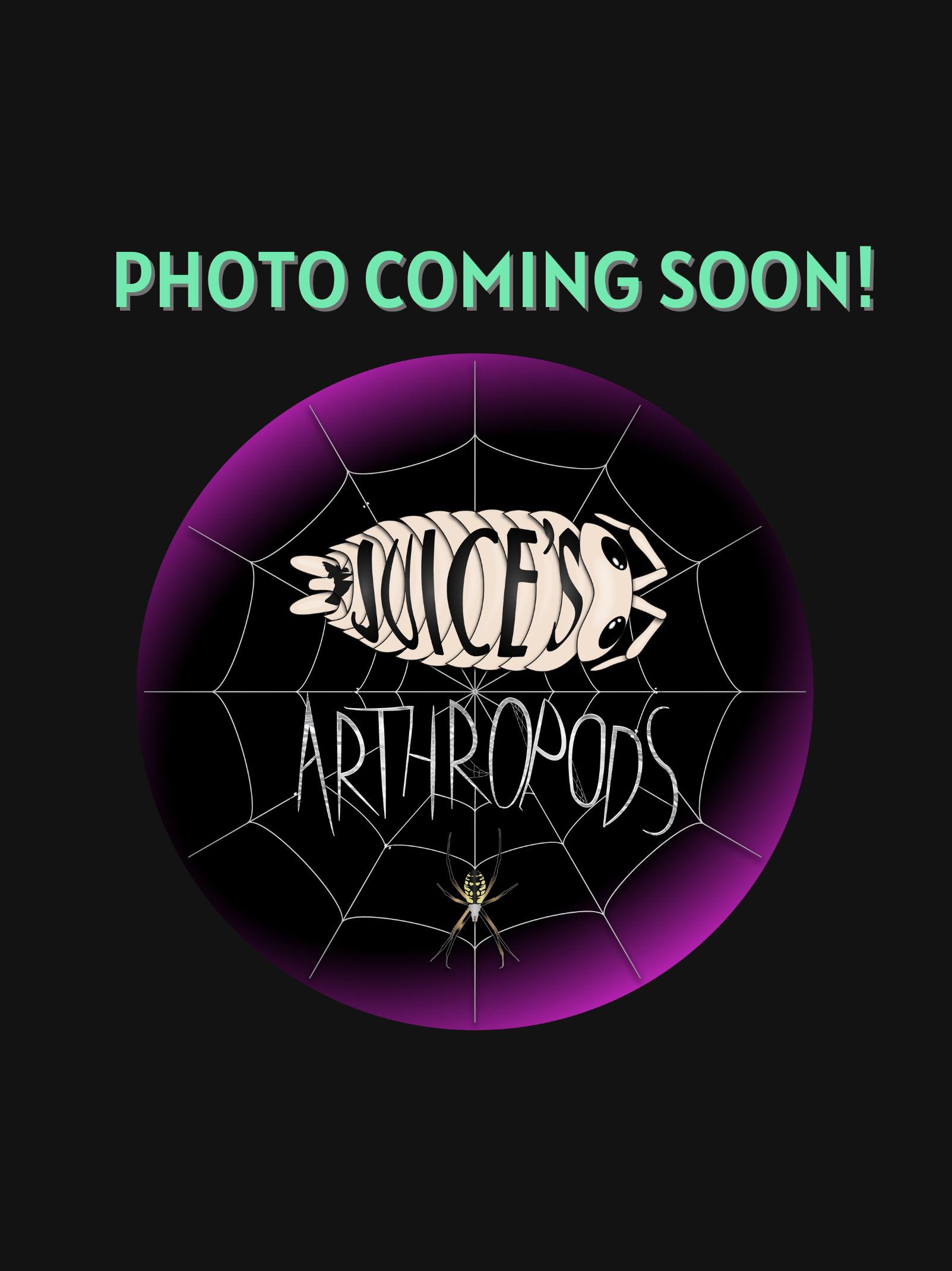Ceratophysella Sp. "Lilac"
25+ Count
Ceratophysella sp. "Lilac", or "Lilac Springtail", is a unique and visually captivating springtail species known for its soft lavender or pale purple coloration—a rarity among soil microfauna. Native to cool, moisture-rich environments, this species belongs to the Ceratophysella genus, which includes springtails adapted to life in dense organic substrates.
The Lilac Springtail is an efficient detritivore, feeding on decomposing organic matter, mold, and microbial films. This role actively contributes to soil health, decomposition, and nutrient recycling, making it ideal for use in bioactive terrarium and vivarium systems.
To maintain a healthy and thriving population, Ceratophysella sp. "Lilac" requires temperatures between 65–75°F, high humidity levels (85–95%), and a dark, moist environment. It performs best when kept on a soil-based substrate.
Its muted yet elegant coloring makes it functional and a fascinating aesthetic addition to springtail cultures or display-grade bioactive setups. The Lilac Springtail should be housed in low-light conditions, as it naturally avoids bright exposure and thrives in shaded microhabitats.
25+ Count
Ceratophysella sp. "Lilac", or "Lilac Springtail", is a unique and visually captivating springtail species known for its soft lavender or pale purple coloration—a rarity among soil microfauna. Native to cool, moisture-rich environments, this species belongs to the Ceratophysella genus, which includes springtails adapted to life in dense organic substrates.
The Lilac Springtail is an efficient detritivore, feeding on decomposing organic matter, mold, and microbial films. This role actively contributes to soil health, decomposition, and nutrient recycling, making it ideal for use in bioactive terrarium and vivarium systems.
To maintain a healthy and thriving population, Ceratophysella sp. "Lilac" requires temperatures between 65–75°F, high humidity levels (85–95%), and a dark, moist environment. It performs best when kept on a soil-based substrate.
Its muted yet elegant coloring makes it functional and a fascinating aesthetic addition to springtail cultures or display-grade bioactive setups. The Lilac Springtail should be housed in low-light conditions, as it naturally avoids bright exposure and thrives in shaded microhabitats.
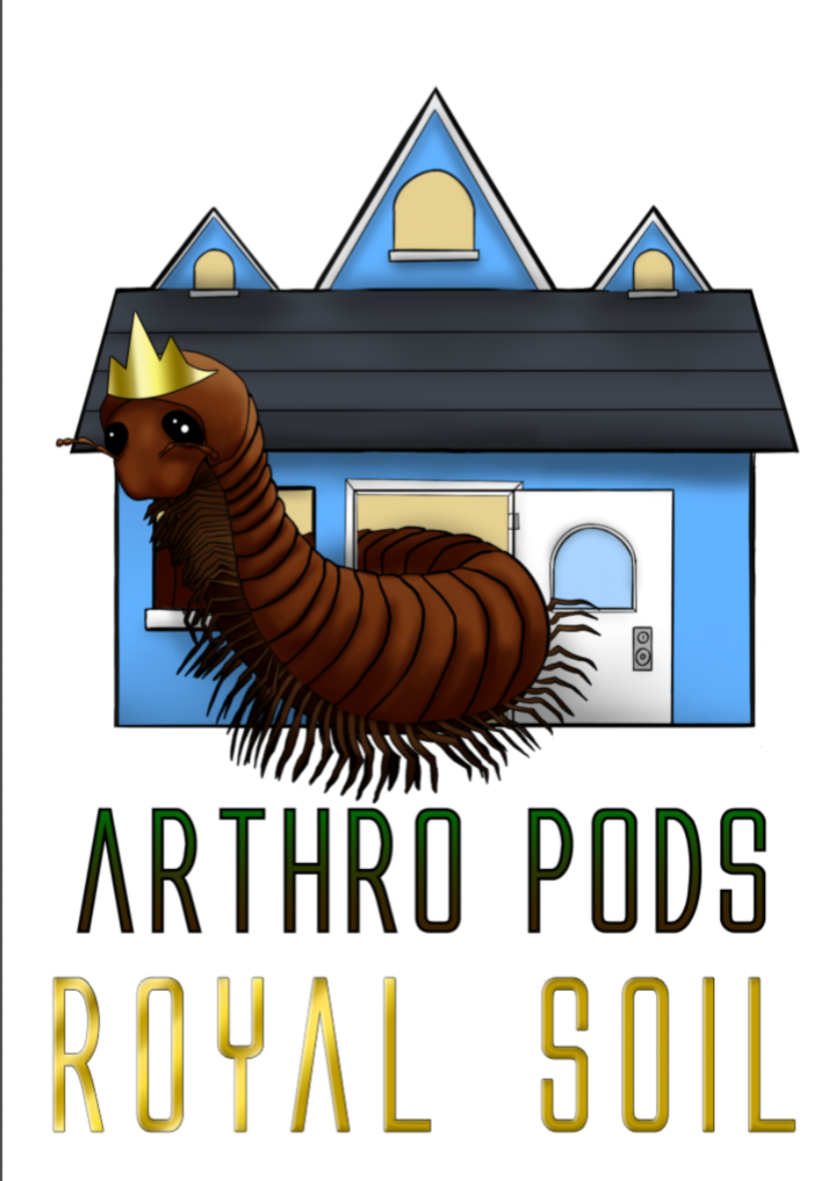
25+ Count
Ceratophysella sp. "Lilac", or "Lilac Springtail", is a unique and visually captivating springtail species known for its soft lavender or pale purple coloration—a rarity among soil microfauna. Native to cool, moisture-rich environments, this species belongs to the Ceratophysella genus, which includes springtails adapted to life in dense organic substrates.
The Lilac Springtail is an efficient detritivore, feeding on decomposing organic matter, mold, and microbial films. This role actively contributes to soil health, decomposition, and nutrient recycling, making it ideal for use in bioactive terrarium and vivarium systems.
To maintain a healthy and thriving population, Ceratophysella sp. "Lilac" requires temperatures between 65–75°F, high humidity levels (85–95%), and a dark, moist environment. It performs best when kept on a soil-based substrate.
Its muted yet elegant coloring makes it functional and a fascinating aesthetic addition to springtail cultures or display-grade bioactive setups. The Lilac Springtail should be housed in low-light conditions, as it naturally avoids bright exposure and thrives in shaded microhabitats.
What's the ideal diet for Lilac Springtails?
This species plays a crucial role as a detritivore, feeding on decomposing organic matter, fungi, and microbial films. This process supports nutrient cycling and contributes to the overall health of soil ecosystems. In captive environments, it is highly valued as part of a bioactive cleanup crew, helping to manage waste and mold buildup. They should be housed in your Royal Soil Blend, a rich and well-balanced substrate specifically formulated to support detritivores, retain moisture, and promote microbial activity for optimal results. For additional food, we highly recommend you check out our Springtail Superfood (designed for tropical and temperate environments) for a long-lasting food supplement that will keep your springtails thriving!
What is the benefit of Lilac Springtails in my enclosure?
The benefit of having a thriving colony of springtails within a bioactive enclosure is their ability to naturally manage waste by consuming decaying organic matter, mold, shed skin, and uneaten food. This reduces the buildup of harmful substances, minimizes odors, and limits the growth of pathogens, resulting in a cleaner and more stable environment for invertebrates or reptiles.
In addition to their role as decomposers, springtails contribute to substrate health by promoting aeration and supporting beneficial microbial activity. This enhances plant growth in planted setups and helps maintain a balanced micro-ecosystem, reducing maintenance and creating a more natural, self-sustaining habitat.
What foods will help promote growth with the Lilac Springtails?
Temperate Springtail Superfood, or "High-Fiber Microfauna Feed", is a handcrafted, plant-based nutritional blend explicitly formulated for springtails adapted to cooler, temperate environments. This balanced, protein- and fiber-rich diet supports optimal colony growth, reproduction, and soil activity in bioactive systems.
Made from premium, organic ingredients, this blend is ideal for the following springtail species:
White Springtails (Folsomia candida)
Blue Podura Springtails (Proisotoma minuta)
Bylas Ant Springtails (Pseudosinella violenta)
Pearlescent Springtails (Lepidocyrtus sp.)
Albino Springtails (Ceratophysella sp. ‘Albino’)
Lilac Springtails (Ceratophysella sp. ‘Lilac’)
The formula features a base of Organic Sprouted Barley, Lentil, Blue Corn, Organic Wheat Bran, Oats, and Brewer’s Yeast. These ingredients provide essential nutrients, amino acids, and natural fermentables that encourage microbial growth and biofilm development—ideal conditions for detritivorous springtails.
This Superfood is well-suited for temperate or cooler bioactive enclosures and culturing springtails in starter colonies or soil enrichment programs.
We recommend our Tropical Springtail Superfood for tropical springtail species, specially designed to support high-protein needs and warmer, high-humidity conditions. Best for:
Red Springtails (Lobella sp.)
Florida Orange Springtails (Neanura growae sp.)
Orange Springtails (Yuukianura aphoruroides)
Giant Silver Bullet Springtails (Pogonognathellus dubius)
Globular Cave Springtails (Arrhopalites caecus)
Quicksilver Springtails (Tomocerus vulgaris)
